Wajima Morning Market is a local producers market on Asaichi-dori avenue in Wajima City, well known for its unique atmosphere and abundance of fresh produce.
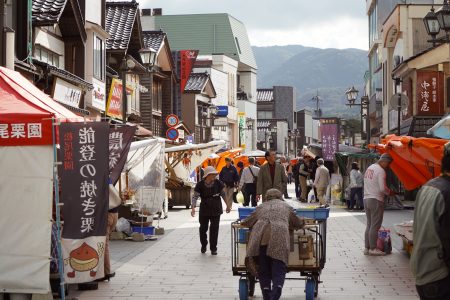

Wajima Morning Market is a local producers market on Asaichi-dori avenue in Wajima City, well known for its unique atmosphere and abundance of fresh produce.
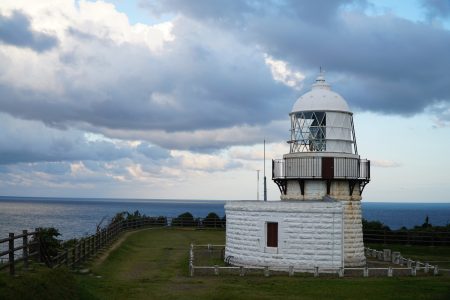
Rokkozaki Lighthouse (Rokkouzaki, 禄剛崎,ろっこうさき) is a beautiful lighthouse located at the very tip of the Noto Peninsula.
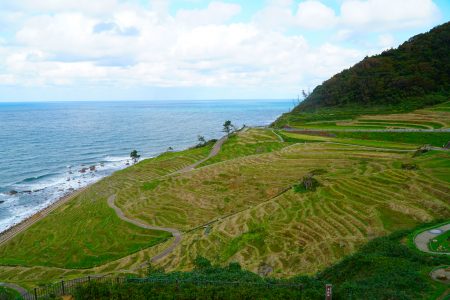
Shiroyone Senmaida (literally “1000 rice paddies of Shiroyone”), is a scenic, terraced rice field located in Shiroyone Town, 11km north-east of Wajima city.
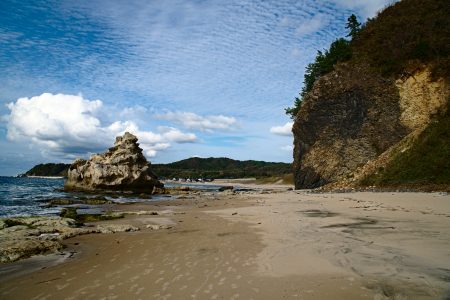
Towards the northern end of the rugged Noto Kongo Coast you find Kotogahama, a beach of singing sand. The flat, sandy beach stands out, on the otherwise dark and rocky shoreline. Due to the shape of the beach, and lack of large rocks in the water, the waves can roll in nicely, thus creating a …
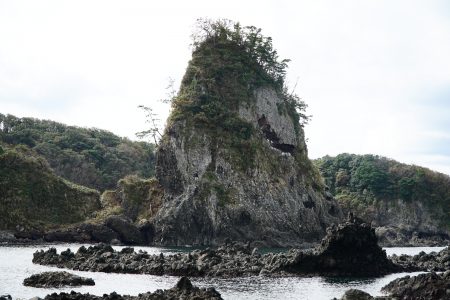
Noto Kongo Coast (sometimes referred to as Notokongou) is a rugged stretch of coast on the western side of the Noto Peninsula, in Ishikawa Prefecture.
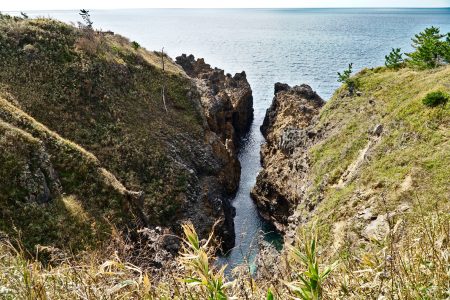
Yoshitsune no Funakakushi, literally meaning “Yoshitsunes Boat Hiding” is a long, narrow gorge found on the Noto Kongo Coast of the Noto Peninsula.
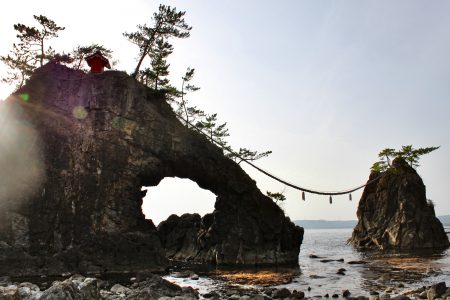
Hatago Iwa (機具岩), also known as Noto Futami, are a pair of sacred rocks located in the sea a few kilometers north of the famous Ganmon rocks on the Noto Peninsula in Ishikawa Prefecture.
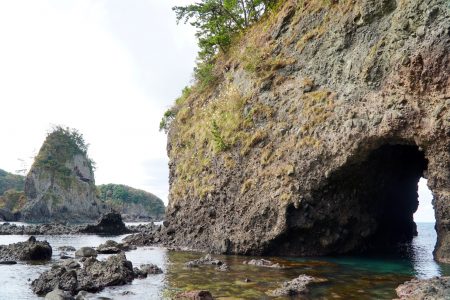
Located with it’s entire west coast facing the Sea of Japan, the Noto peninsula is known as a rough place to live. The rough coastal landscape along the Noto Kongo Coast is a testimony to the harsh conditions. The roughness of this stretch of coast is especially visible at Ganmon Sea Cave (Ganmon Cliffs). Here the …
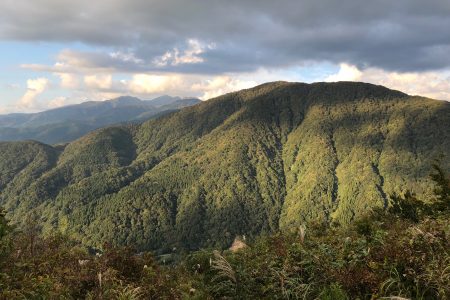
Mt. Arashima is listed as on one of the 100 best mountains (Hyakumeizan) in Japan. Located in i a very rural area of Fukui Prefecture it is not one of the most easily accessible mountains for hiking. However that makes it even more special, as you will only meet the odd hiker on the trails. …
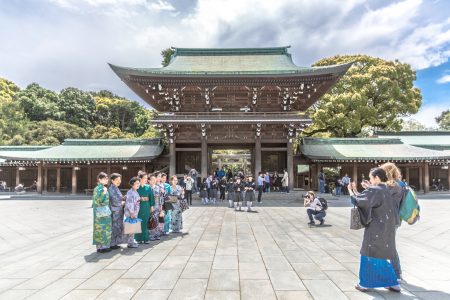
Meiji Shrine (Meiji Jingū) is a shinto shrine located in Shibuya, Tokyo. The shrine is dedicated to the spirit of Emperor Meiji and his wife Shōken. It is built in the traditional Nagare-zukuri style which is common for shinto shrines. The style can be identified by the large, curving roofs which extend over the entrance …